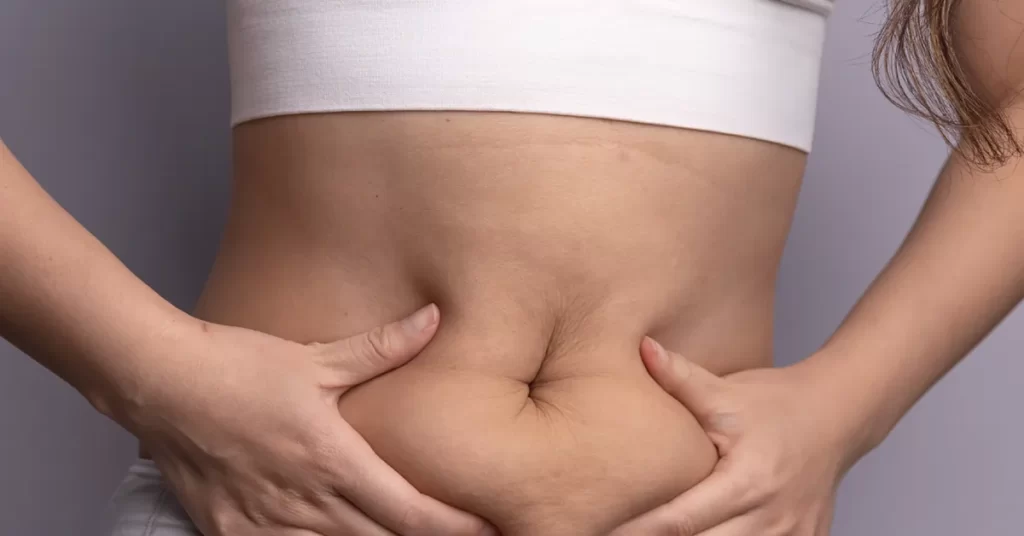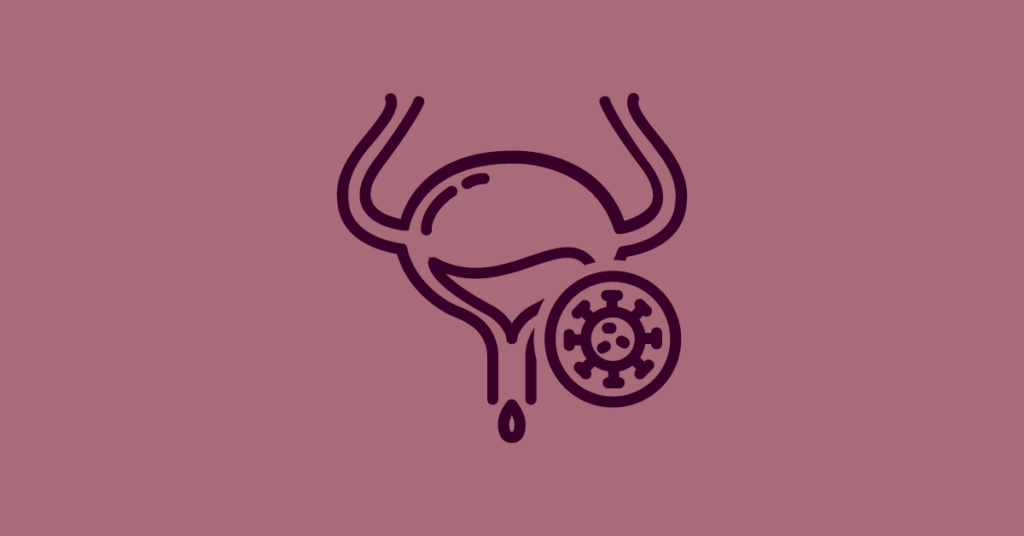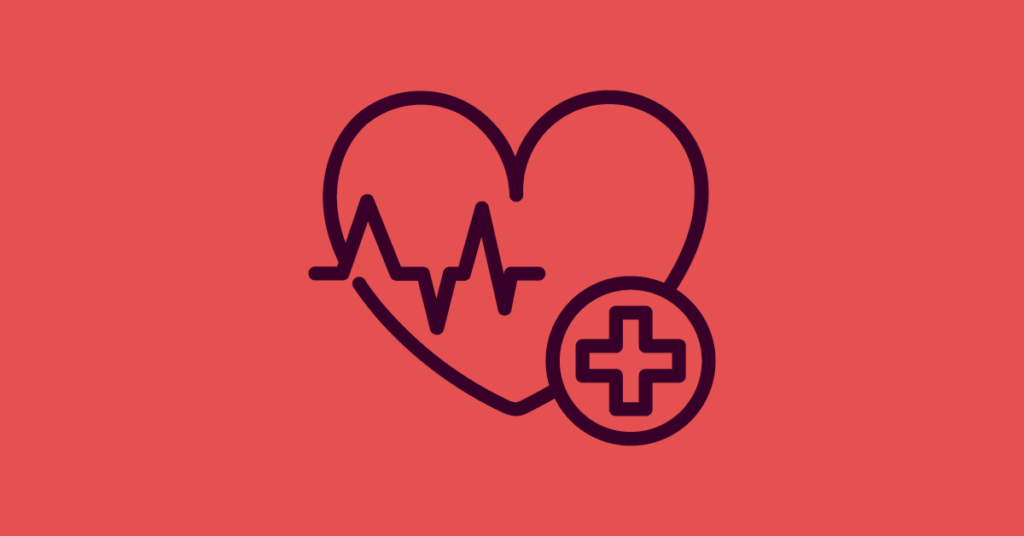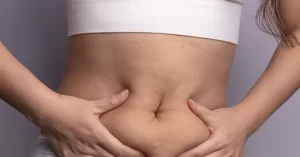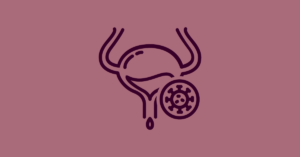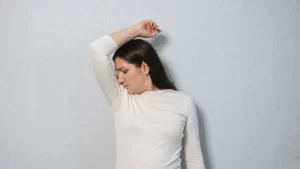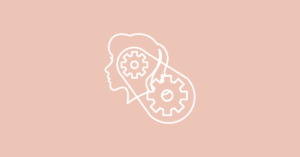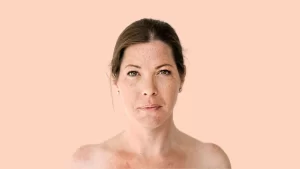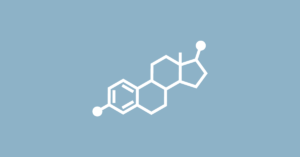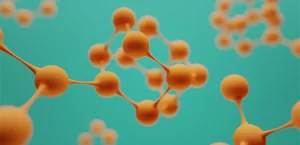Snapshot
Declining estrogen impacts hair health
Hormonal shifts throughout the stages of menopause can impact hair health, often leading to thinning, dryness, and breakage. Estrogen levels decline, making it harder for our hair to maintain its luster and strength. Nourishing your body with the right nutrients, adjusting hair care routines, and using targeted products can make a big difference. Prioritize hydration, look for volumizing shampoos, and consider supplements like biotin or collagen to support healthy hair from the inside out.
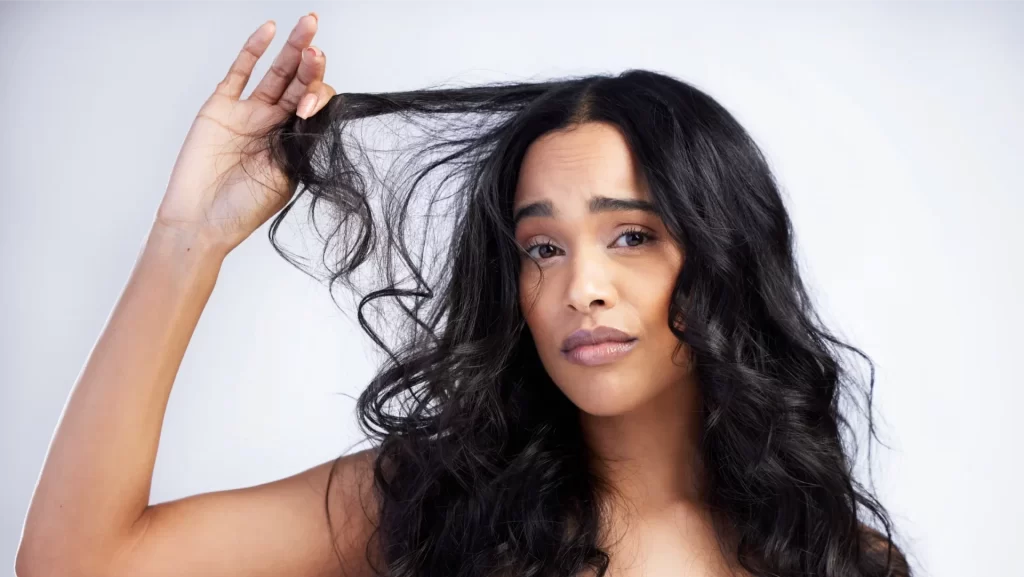
Menopause and your hair
As we journey through menopause, hormonal shifts can significantly impact hair health. The primary culprit? Declining estrogen levels. Estrogen plays an important role in supporting the hair growth cycle and maintaining thickness and hydration. As estrogen fluctuates, we might notice:
- Thinning hair
- Increased dryness
- Loss of shine and volume
- More hair falling out than usual
Approximately 40% of women experience hair thinning or shedding during menopause
Declining estrogen levels interfere with the natural hair growth cycle, causing hair to shed at a quicker rate, from the growth phase (anagen) into the shedding phase (telogen). It is often accompanied by a decrease in the diameter of hair shafts, leading to thinning hair.
Hair changes throughout the stages of menopause
Hormonal fluctuations start to affect our hair during perimenopause. This may start with a subtle loss of thickness, or hair might becoming drier. These changes become more noticeable as we move into menopause and continue post-menopause. Hair can fall out, become thinner, and drier as estrogen levels stabilize at a lower point.
It’s not just the hair on our heads that’s affected. Some women notice less body hair, which might be a welcome change, while others see more facial hair. It’s all part of the midlife hormonal shift, and everyone experiences it a bit differently.
So, what can we do about it?
First, know that these changes are a natural part of the journey for many women. Here are a few tips that may help along the way:
Start early
From our 30s and 40s, incorporating nutrient-rich foods, staying well-hydrated, and limiting heat styling can help create healthier hair for the future. Mild scalp massages to increase blood flow and gentle sulfate-free shampoos are also great ways to help maintain hair health before and during menopause.
Hydrate inside and out
Studies confirm that internal hydration supports overall hair health so aim for those 8 glasses of water a day. For external moisture, weekly hydrating hair masks with hyaluronic acid or glycerin can help.
Targeted hair care
Look for shampoos and conditioners intended for thinning or dry hair. Ingredients like keratin, argan oil, and silk proteins can help strengthen and add shine to your hair.
Nourish from within
Hair needs nutrients to grow and a little boost from within can make a difference. It can help to eat things like, biotin rich foods (eggs, nuts, sweet potatoes), vitamin D (fatty fish, fortified foods), and zinc (lean meats, legumes). Evidence suggests that collagen supplements and biotin-enhanced products can support hair growth and thickness. Always chat with your healthcare provider before starting any new supplement to ensure it’s right for you.
Gentle hair practices
Treat your hair kindly. Avoid harsh treatments and styling techniques that can stress your hair. Whenever possible, let your hair air dry, and use heat protectants if you’re styling with hot tools.
Scalp care
Just as you take care of your skin, your scalp needs care, too. Mild exfoliating treatments can remove dead skin cells and excess oil, freeing your hair follicles to function properly.
Seeking professional help
If you’re experiencing any of the following, it’s time to consult a healthcare provider:
- Sudden or severe hair loss
- Overly sensitive scalp
- Persistent itching or scalp irritation
A dermatologist or trichologist can offer personalized advice and treatments, which may include:
- Topical minoxidil, FDA-approved for female pattern hair loss.
- Platelet-rich plasma (PRP) therapy, showing promising results for hair regrowth.
Hair care toolkit
- Volumizing products: Look for shampoos and conditioners with biotin or keratin.
- Nourishing treatments: Try hair masks with argan oil or shea butter.
- Scalp care: Consider serums with peppermint oil or niacinamide to promote circulation.
- Supplements: Explore options containing biotin, collagen, and silica (consult your healthcare provider before starting any new supplement regimen).


